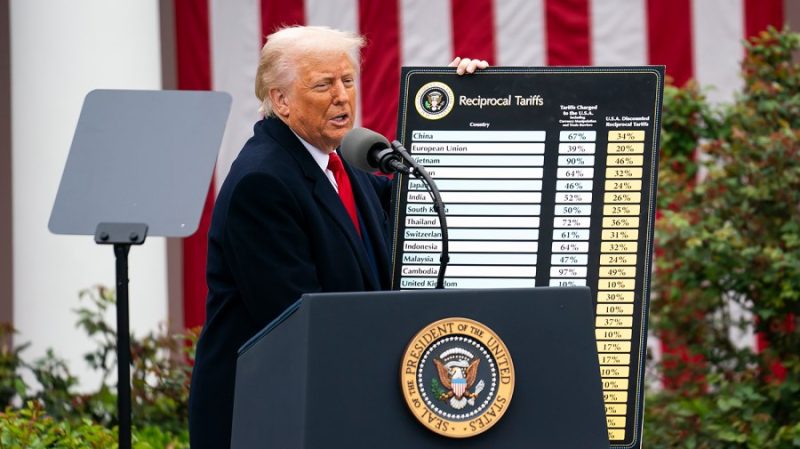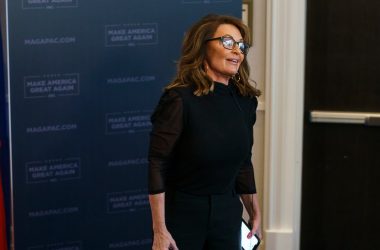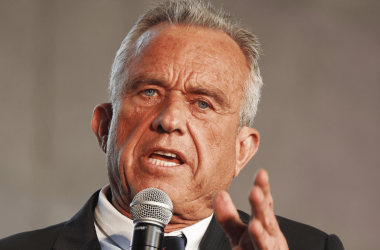The Trump administration disclosed Monday that it had opened an investigation into the effects on national security of importing certain pharmaceuticals, a move widely seen as the prelude to initiating tariffs on prescription drugs.
The Department of Commerce in a Federal Register notice said the probe, known as a Section 232 investigation, began April 1, the day before President Trump announced widespread tariffs on all imported goods but specifically exempted pharmaceuticals.
Section 232 investigations allow the president to restrict imports deemed a threat to national security. Trump last week said he will impose “a major tariff” on prescription drug imports in the coming weeks.
According to the notice, the investigation “includes both finished generic and non-generic drug products, medical countermeasures, critical inputs such as active pharmaceutical ingredients and key starting materials, and derivative products of those items.”
The probe will examine specific issues, including current and projected demand for pharmaceuticals and pharmaceutical ingredients in the U.S.; the role of foreign supply chains, particularly of major exporters, in meeting U.S. demand for pharmaceuticals; the concentration of imports from a small number of suppliers and any associated risks; and the feasibility of increasing domestic capacity for pharmaceuticals and ingredients.
A typical Section 232 investigation takes 270 days before a report is given to the president, but the public comments on the notice are due just three weeks from the official April 16 publication date, an indication the investigation will move much quicker.
Trump launched Section 232 investigations into the copper and timber industries in March. He has already used the investigations to issue tariffs on imported steel, aluminum and cars.
Separately, the Commerce Department said it had launched a similar probe on semiconductor technology. Trump has argued that tariffs on electronic chips will force companies to relocate their factories to the United States.





